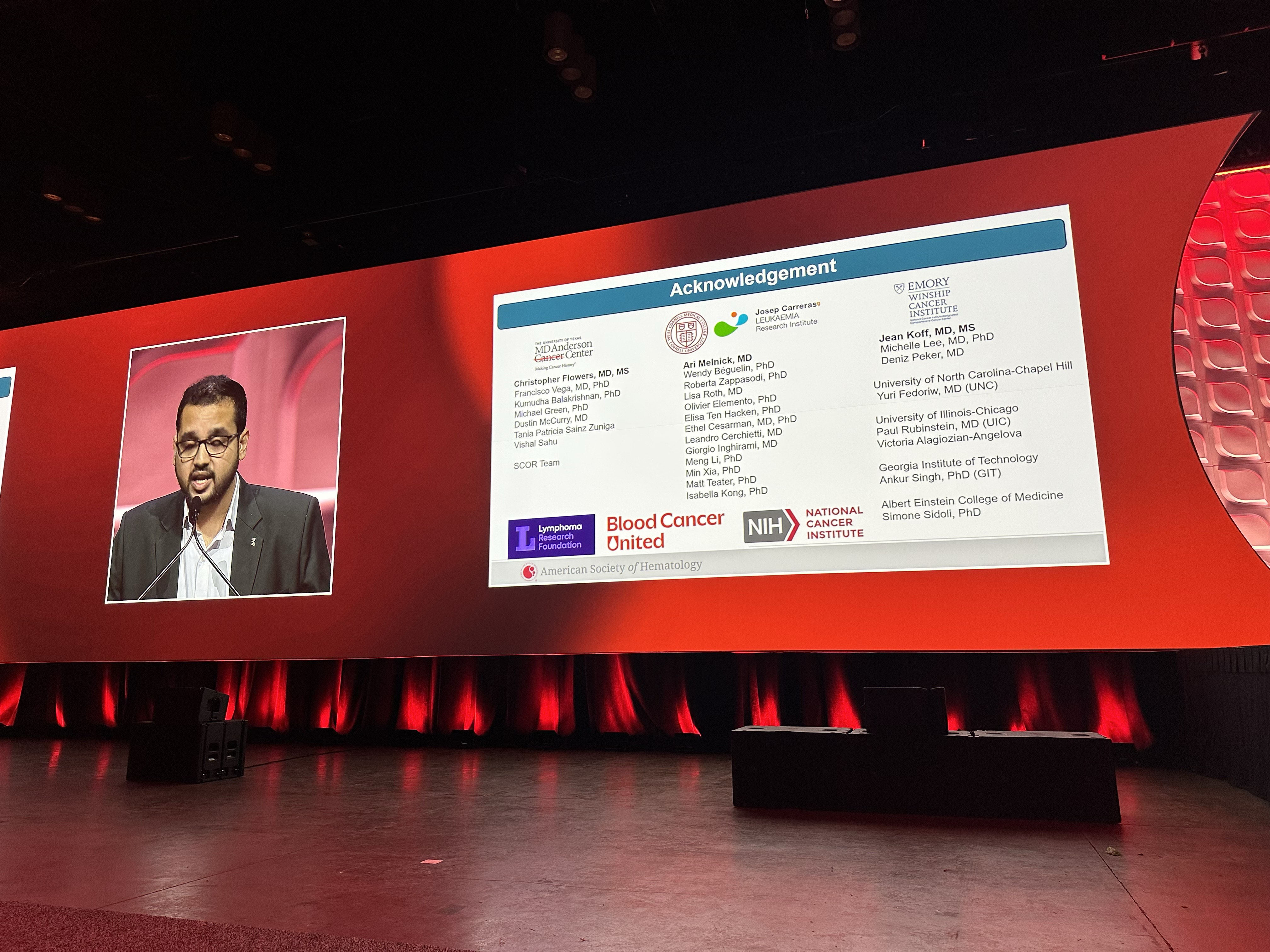29 de Gener de 2026 (15:00)
"Dissecting the heterogeneity of pre-natal hematopoiesis in health and disease"
IJC Auditorium + Online
Inscripció
29 de Gener de 2026 (15:00)
IJC Auditorium + Online
Inscripció
06 de Febrer de 2026 (12:00)
IJC Auditorium + Online
Inscripció


